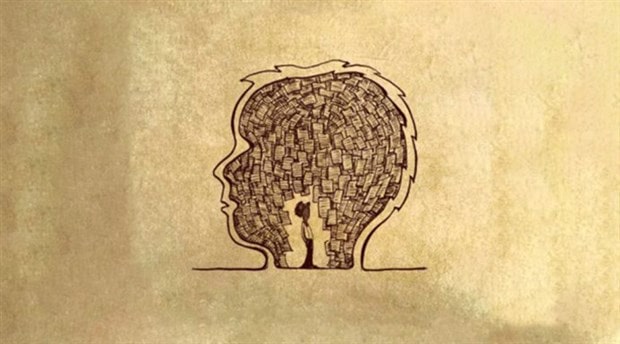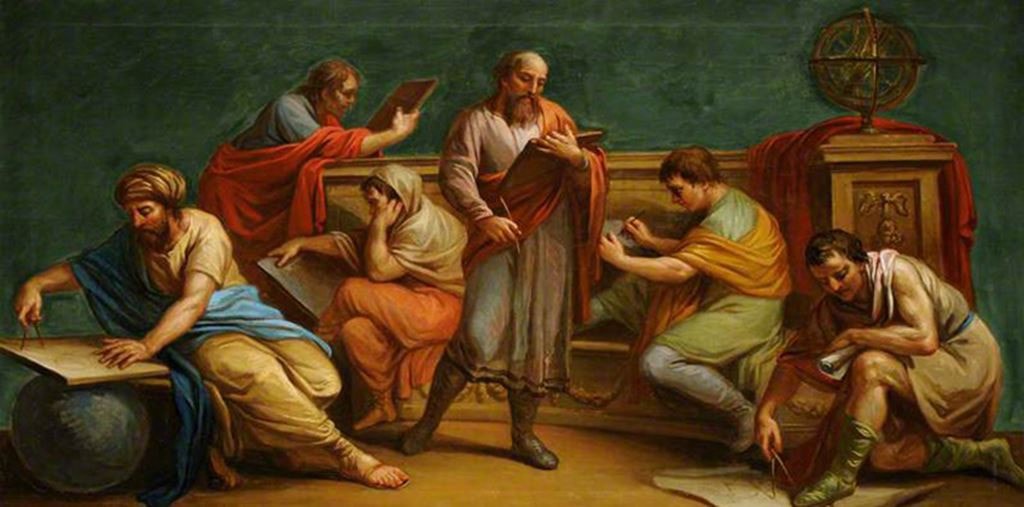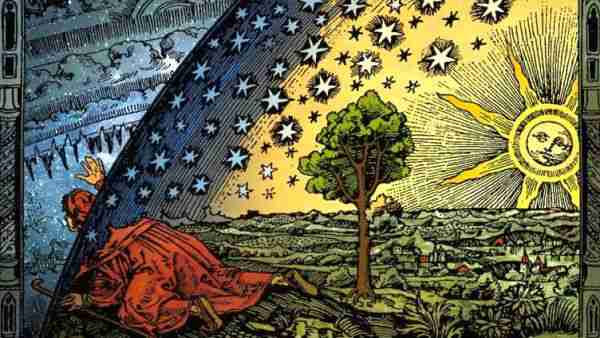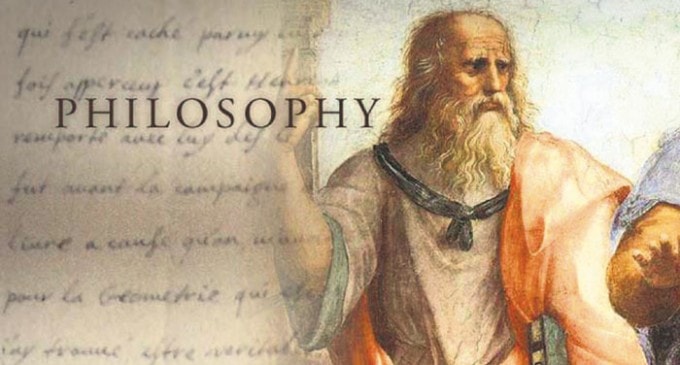




"The Journal of Philosophy presents itself as formal and contextual, theoretical and practical, grasping the universal and the particular at the same time, everything in a state of formation, existence and extinction. understanding, causal-processual-consequential thinking, and the most comprehensive and sees it in the great tradition of dialectical philosophy, which is an advanced philosophical tool, and A new world that is necessary for the exit from the deep crisis it is in by changing the world. In order to make a modest contribution to the shaping of the design from this perspective, it starts again."
"The Journal of Philosophy presents itself as formal and contextual, theoretical and practical, grasping the universal and the particular at the same time, everything in a state of formation, existence and extinction. understanding, causal-processual-consequential thinking, and the most comprehensive and sees it in the great tradition of dialectical philosophy, which is an advanced philosophical tool, and A new world that is necessary for the exit from the deep crisis it is in by changing the world. In order to make a modest contribution to the shaping of the design from this perspective, it starts again."








Dēmókritos (Δημόκριτος; 460-370 BC) is an Ancient Greek philosopher who, together with Leúkippos (Λεύκιππος) and Epíkouros (Ἐπίκουρος), was the founder of the atomic doctrine and materialist world design. In textbooks, the history of ancient philosophy is often presented and received as if it consisted of a chronological and often aphoristic presentation of the thoughts of famous philosopher personalities, consisting of a few fragments. But this is a big illusion. The history of philosophy is neither just chronology nor can it be reduced to the history of thought. The history of philosophy is a history of problems, and it is a history of trying to find solutions to these problems based on observation, reasoning, experimenting with different thinking, and processing the latest scientific knowledge in the context of the problem. In this respect, it can be said that the history of philosophy in the Hegelian sense is a history of the formation of philosophy. There are stages of formation in the history of philosophy. In these phases there are beginnings, processes and results, and in processes there are moments. The condition of interpreting the different phases in the history of philosophy in a meaningful way is to consider the philosophers and their thoughts in relation to each other, taking this perspective into account. The classical period of ancient philosophy consists of the opposition of Ionia and Elea, the moment of Abdera and the result of Athens. It has Thales in its beginning, Aristotle in its superposition, and Dēmókritos in the intense mediation between the beginning and the end. In this respect, Dēmókritos can be said to be the nodal point. However, from this point of view, it is possible to bring a meaningful interpretation to Ancient philosophy and the importance of Dēmókritos in the history of philosophy will be fully understood. Although Dēmókritos was a contemporary of Socrates and designed and presented his philosophy as an integrated system consisting of ontology, epistemology and moral philosophy; It is discussed within the framework of the concept of "pre-Socratic", which is derived from Aristotle's definition of Ionian philosophers as "natural philosophers". However, the main purpose of Dēmókritos' philosophy is to ground moral philosophy or, to put it more comprehensively, human morality on earth. Within the framework of this article, Dēmókritos' atomist-materialist universe design will be revealed as the ontological grounding of his moral philosophy.

Dēmókritos (Δημόκριτος; 460-370 BC) is an Ancient Greek philosopher who, together with Leúkippos (Λεύκιππος) and Epíkouros (Ἐπίκουρος), was the founder of the atomic doctrine and materialist world design. In textbooks, the history of ancient philosophy is often presented and received as if it consisted of a chronological and often aphoristic presentation of the thoughts of famous philosopher personalities, consisting of a few fragments. But this is a big illusion. The history of philosophy is neither just chronology nor can it be reduced to the history of thought. The history of philosophy is a history of problems, and it is a history of trying to find solutions to these problems based on observation, reasoning, experimenting with different thinking, and processing the latest scientific knowledge in the context of the problem. In this respect, it can be said that the history of philosophy in the Hegelian sense is a history of the formation of philosophy. There are stages of formation in the history of philosophy. In these phases there are beginnings, processes and results, and in processes there are moments. The condition of interpreting the different phases in the history of philosophy in a meaningful way is to consider the philosophers and their thoughts in relation to each other, taking this perspective into account. The classical period of ancient philosophy consists of the opposition of Ionia and Elea, the moment of Abdera and the result of Athens. It has Thales in its beginning, Aristotle in its superposition, and Dēmókritos in the intense mediation between the beginning and the end. In this respect, Dēmókritos can be said to be the nodal point. However, from this point of view, it is possible to bring a meaningful interpretation to Ancient philosophy and the importance of Dēmókritos in the history of philosophy will be fully understood. Although Dēmókritos was a contemporary of Socrates and designed and presented his philosophy as an integrated system consisting of ontology, epistemology and moral philosophy; It is discussed within the framework of the concept of "pre-Socratic", which is derived from Aristotle's definition of Ionian philosophers as "natural philosophers". However, the main purpose of Dēmókritos' philosophy is to ground moral philosophy or, to put it more comprehensively, human morality on earth. Within the framework of this article, Dēmókritos' atomist-materialist universe design will be revealed as the ontological grounding of his moral philosophy.

Thought and PhilosophyThought and PhilosophyThought and PhilosophyThought and PhilosophyThought and PhilosophyThought and PhilosophyThought and PhilosophyThought and PhilosophyThought and PhilosophyThought and PhilosophyThought and PhilosophyThought and PhilosophyThought and PhilosophyThought and PhilosophyThought and PhilosophyThought and PhilosophyThought and PhilosophyThought and PhilosophyThought and PhilosophyThought and PhilosophyThought and PhilosophyThought and PhilosophyThought and PhilosophyThought and PhilosophyThought and PhilosophyThought and PhilosophyThought and PhilosophyThought and PhilosophyThought and PhilosophyThought and PhilosophyThought and PhilosophyThought and Philosophy

Religion and PhilosophyReligion and PhilosophyReligion and PhilosophyReligion and PhilosophyReligion and PhilosophyReligion and PhilosophyReligion and Philosophy Religion and PhilosophyReligion and PhilosophyReligion and PhilosophyReligion and Philosophy Religion and PhilosophyReligion and PhilosophyReligion and PhilosophyReligion and Philosophy Religion and PhilosophyReligion and PhilosophyReligion and PhilosophyReligion and Philosophy Religion and PhilosophyReligion and PhilosophyReligion and PhilosophyReligion and Philosophy Religion and PhilosophyReligion and PhilosophyReligion and PhilosophyReligion and Philosophy Religion and Philosophy

Dialectical thought and PhilosophyDialectical thought and PhilosophyDialectical thought and PhilosophyDialectical thought and PhilosophyDialectical thought and Philosophy Dialectical thought and PhilosophyDialectical thought and PhilosophyDialectical thought and Philosophy Dialectical thought and PhilosophyDialectical thought and PhilosophyDialectical thought and Philosophy Dialectical thought and PhilosophyDialectical thought and PhilosophyDialectical thought and Philosophy Dialectical thought and PhilosophyDialectical thought and PhilosophyDialectical thought and Philosophy Dialectical thought and PhilosophyDialectical thought and PhilosophyDialectical thought and Philosophy Dialectical thought and PhilosophyDialectical thought and PhilosophyDialectical thought and Philosophy Dialectical thought and Philosophy